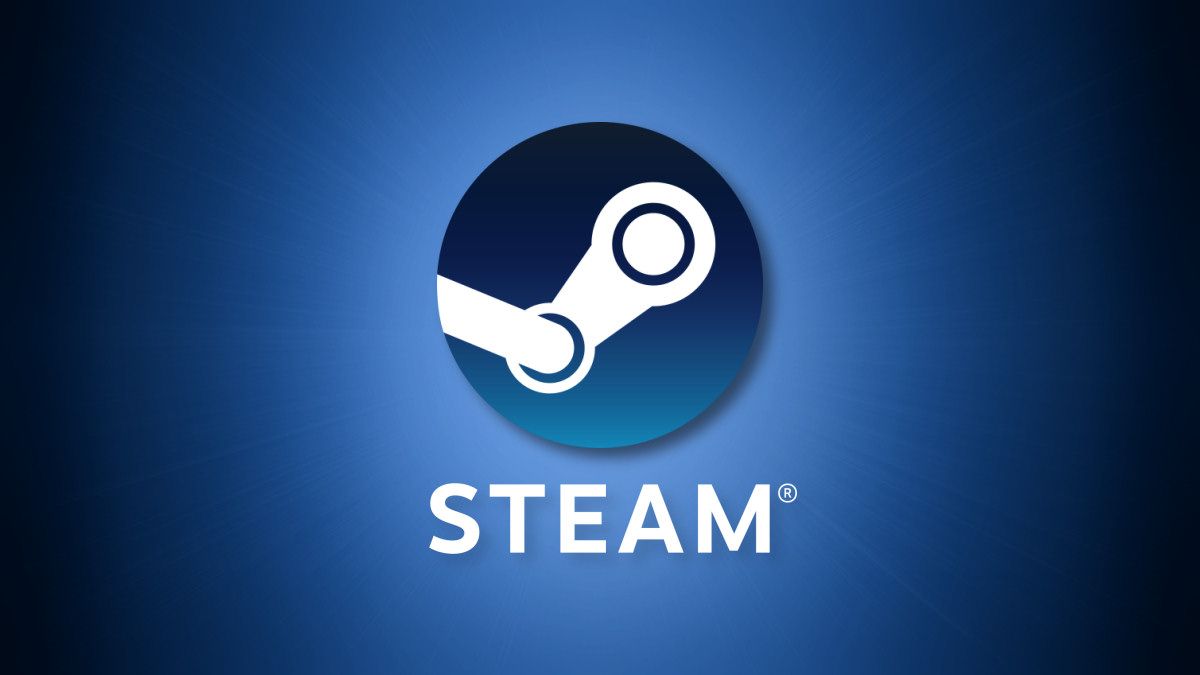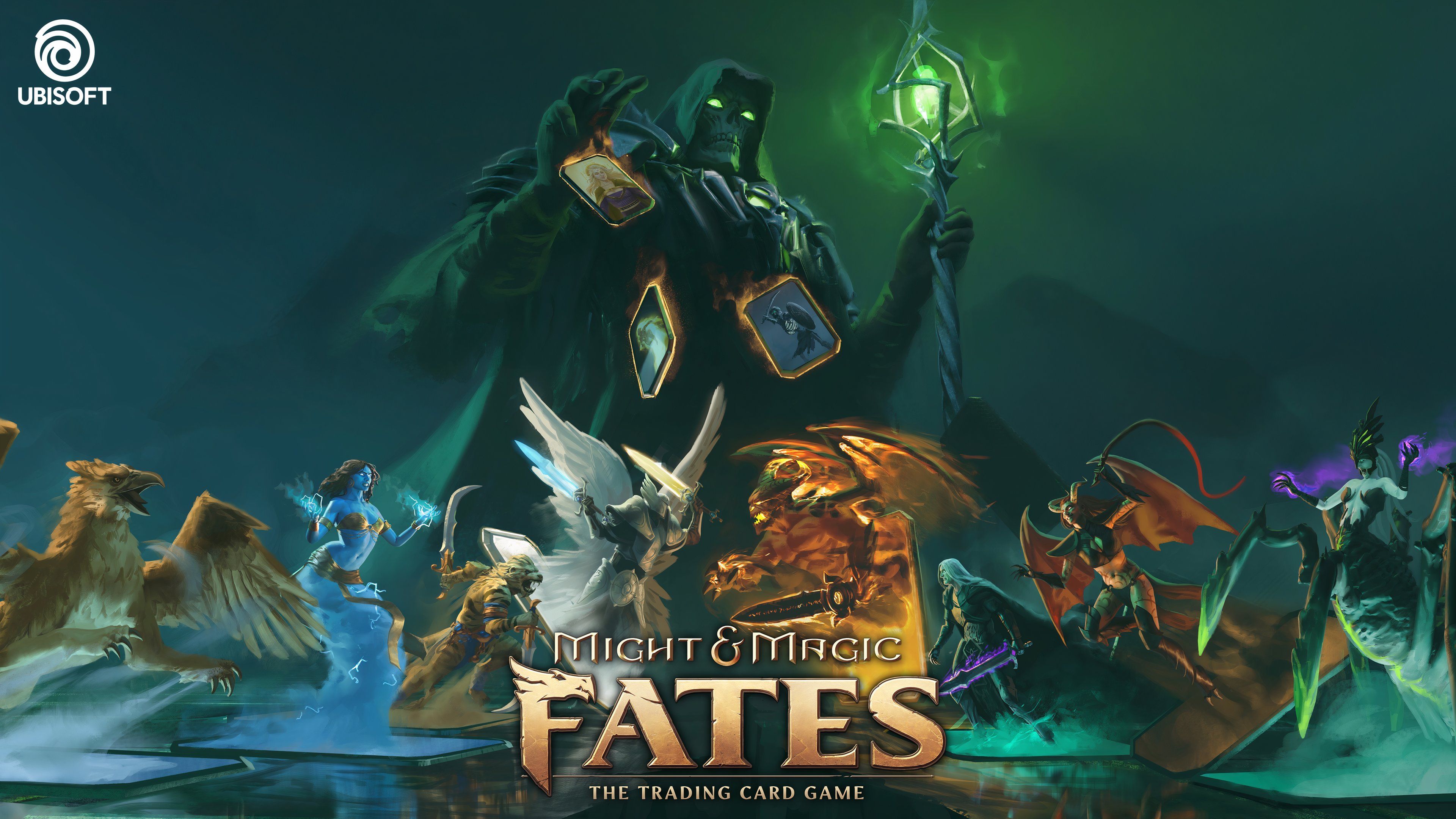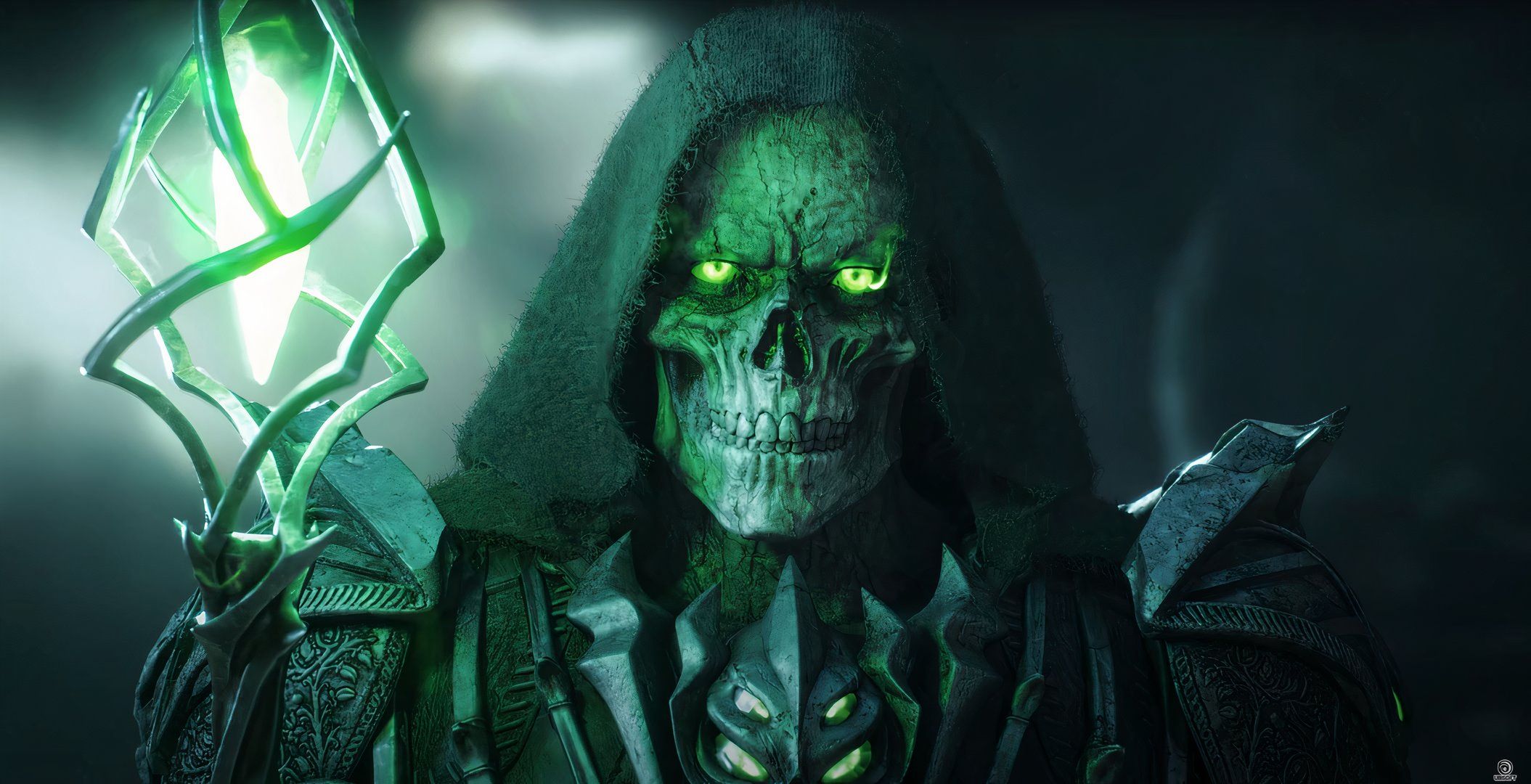The first Might & Magic game debuted back in the 1980s, but the long-running science fantasy franchise has been under Ubisoft’s ownership since 2003. Despite holding the rights for over two decades, Ubisoft hasn’t made much headway with the property in recent years, but now, it’s hoping to breathe new life into it with Might & Magic Fates.
The upcoming free-to-play trading card game looks interesting enough based on what we’ve seen so far, and according to Ubisoft, it’s headed to mobile devices first, with a potential expansion to PC. But what really brings us here today is the news that Fates has a Web3 layer to it.

Related
What Are P2E Games? Play-to-Earn NFTs or Crypto
What’s the deal with these games? Can you really make money?
How Ubisoft Is Incorporating Web3 Into Might & Magic Fates
Source: Ubisoft
Might & Magic Fates presents itself as a fairly generic high fantasy, sword-and-sorcery-themed trading card game, but what sets it apart is its integration of Web3 elements. Ubisoft has partnered with Immutable, an Australian tech company known for building blockchain infrastructure for games. Through this multibillion-dollar partnership, Immutable is providing the blockchain technology that powers the game’s digital ownership features.
The Web3 component is focused specifically on trading. Players will have the option to unlock digital ownership of their cards and trade them freely over Immutable’s blockchain network.
Despite this integration, Ubisoft emphasizes that Fates is a free-to-play card game at its core. According to the game’s FAQs page, players can “enjoy the full experience, grow your collection, and compete at the highest level without ever engaging with the Web3 features.”
Ubisoft’s History With Blockchain and NFTs
Ubisoft has a well-documented history of supporting Web3, and Might & Magic Fates isn’t its first attempt to integrate blockchain into gaming. The company’s earliest foray was Quartz, a platform launched in 2021 that allowed players to acquire limited-edition in-game cosmetic NFTs known as “Digits.” The initiative was poorly received, with widespread backlash from players, and Ubisoft quietly abandoned further support not long after.
In late 2024, the publisher doubled down with Champions Tactics: Grimoria Chronicles and Captain Laserhawk: The G.A.M.E., two blockchain-powered games that required NFT ownership or wallet integration to play. Neither title could be considered a success — both suffered from low player engagement and largely negative feedback.
Still, Ubisoft appears committed to pushing forward. As the old saying goes, “if at first you don’t succeed, try, try again.” In fact, Nicolas Pouard, VP of Ubisoft’s Strategic Innovations Lab, defended the company’s efforts in 2022 by stating that “gamers just don’t get” NFTs and blockchain technology, and the continued investment suggests Ubisoft still feels that way today.
Web3 Is a Hard Sell for Gamers
Source: Ubisoft
A trading card game like Might & Magic Fates might be one of the better fits for blockchain integration, but even so, Web3 remains a tough sell in the gaming world. The overall space is plagued by scams and speculation, resulting in a general distrust of anything associated with it. To most players, Web3 features don’t add meaningful gameplay value. Instead, they’re often seen as cash grabs or systems that risk tipping games into pay-to-win territory.
Several studios have already faced major criticism for attempting to integrate NFTs into their games — criticism strong enough to force most of them to scrap those features entirely. Ubisoft has encountered this resistance firsthand, yet it continues to pursue blockchain integration. Whether that’s driven by genuine belief in the tech’s potential or the promise of new monetization strategies remains unclear.
The silver lining this time is that the Web3 elements in Fates appear to be fully optional. Immutable emphasizes that “glory is forged by talent — not luck or wealth,” which points to a fairer and more inclusive design. Maybe this time will be different. If Fates manages to strike the right balance, it could set a precedent for how Web3 is mixed into future games, both from Ubisoft and the industry at large.

Related
Valve Now Bans Steam Games Using Blockchain, NFT, or Crypto
Valve has made a change to its developer support documentation, and it looks like Steam isn’t going to allow blockchain, NFT, or crypto in games.
Source: Ubisoft







